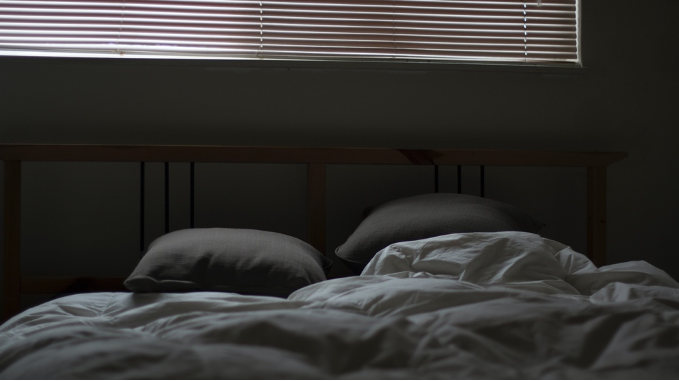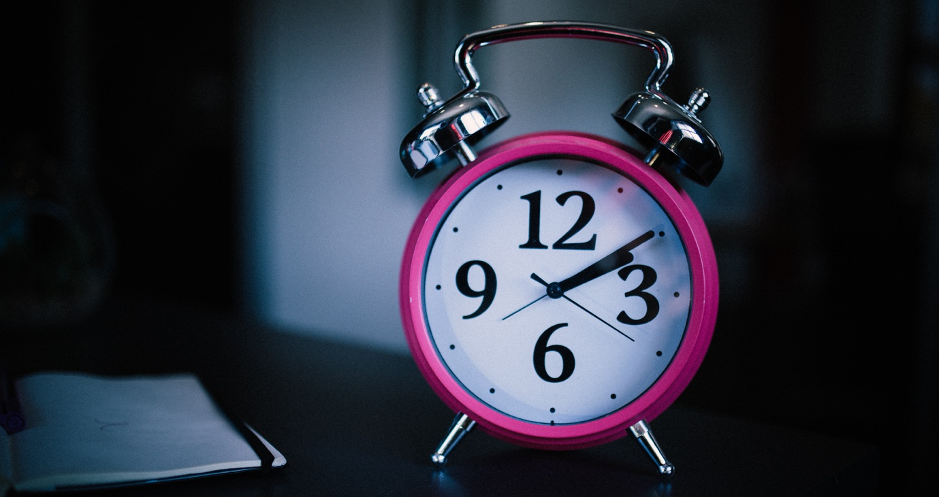Let’s Start with What is Sleep?
Before we get into tips for sleep lets first understand what sleep actually is, It goes without saying that sleep is an essential part of your daily routine, as important as food and water. You spend about a third of your life sleeping, and without it, your brain cannot maintain the pathways needed to learn and create new memories, think, and respond quickly.
Although the biological purpose remains a mystery, sleep is crucial to several brain functions and affects almost every type of tissue and system in the body. Research had found that sleep affects the way neurons communicate with each other and removes toxins in the brain that accumulates whilst the body was awake.
Chronic lack of sleep or consistent poor sleep quality increases some risk of several disorders, including high blood pressure, cardiovascular disease, diabetes, depression, and obesity.
Different Stages of Sleep
Sleep is not uniform, and the body goes through several rounds of the sleep cycle per night. There are 2 basic types of sleep: rapid eye movement (REM) and non-REM sleep. Composed of four individual stages, an average person goes through 4 to 6 sleep cycles lasting 90 minutes each.
REM sleep: This period occurs in the first 90 minutes after falling asleep. As the name suggests, your eyes move rapidly from side to side while your eyelids are closed. Your breathing becomes faster and your heart rate and blood pressure reach levels similar to when you’re awake. Most of your dreams occur during this stage so the muscles are temporarily paralysed to prevent you from acting out your dreams.
Stage 1 non-REM sleep: This is the transition between being awake and falling asleep. During this period of relatively light sleep, your heartbeat, breathing, muscles and, eye movement, and brain waves begin to slow and relax.
Stage 2 non-REM sleep: This is the next period of light sleep before entering into deeper sleep. Everything relaxes even further, your body temperature drops, and eye movements stop.
Stage 3 non-REM sleep: This is the period of deep sleep that allows you to feel refreshed and well-rested in the morning. Your heartbeat and breathing slow to their lowest levels during this stage of sleep and your muscles are relaxed even further, so it is more difficult to awaken you.
What is the right amount of sleep?
 | According to most national guidelines, healthy adults should be getting between 7 to 9 hours of sleep per night. So one of our tips for sleep is to aim for around 8 hours. Younger children and babies will need more while people older than 65 can get a little less. However, it is also essential to consider the quality of sleep and whether the time spent sleeping is actually vital. Smoothly progressing through the stages of the sleep cycle multiple times is essential for high-quality rest. |
It is well-known that lack of sleep can lead to increased risk in several disorders, but too much sleep on a regular basis can also be harmful. Research has shown that sleeping more than nine hours daily can increase the risk of diabetes, stroke, heart disease, and even death.
Sleep Statistics
Curious about the overall sleep health of Australians and how you compare to the rest of the country? Below are some quick sleep facts from the Sleep Health Foundation National Survey:
- Approximately 4 in 10 Australians (10.3 million) aren’t getting the recommended 7-9 hours of sleep.
- Close to 60% Australian adults suffer from at least one sleep disorder symptom. Meanwhile, 14.8% having definite symptoms of insomnia (Chronic Insomnia Disorder in Australia report, 2019).
- About half of 16 and 17-year-olds don’t get the recommended 8 to 10 hours of recommended sleep on a school night.
- 44% of adults use the Internet just before bed every night. Of these, 59% have 2 or more sleep problems (Sleep Health Foundation, 2017).
Exposure to blue light from digital screens can reduce sleep by 16 minutes and cause an average of 7.6 sleep disruptions at night (Science Daily).
9 Tips for Better Sleep
Sometimes the act of falling asleep may seem like an impossible dream. Insomnia often affects people who work night shifts or are experiencing jet lag. It can cause anxiousness, forgetfulness, irritability, and affect concentration. However, getting your sleep pattern under control might be easier than you think. The practices and habits to help maximise the hours we spend sleeping is called ‘sleep hygiene’. Here are some things to consider if you want to get better sleep.
1. Avoid caffeine and other chemicals that might interfere with sleep.
Another tip for sleep is to avoid caffeine, we all know that caffeine is a sleep stimulant that can affect the central nervous system and body, increasing alertness and difficulty in sleeping. Avoid taking caffeine-filled foods such as coffee, tea, chocolate, some pain relievers, and cola for 4-6 hours before going to bed. Smokers should also refrain from taking tobacco too close to bedtime. Even though alcohol can cause you to feel sleepy at first, it still acts as a stimulant and will reduce the quality of your sleep later in the night, so avoid drinking within 3 hours of bedtime.
2. Find a soothing pre-sleep routine that suits you.
Start a period of relaxing activities an hour before bed. Have a bath as the rise and fall in your body temperature will promote drowsiness. Avoid any stimulating activities or stressful situations like discussing emotional issues. Read a book as light reading before bed is a good way to help prepare yourself for sleep. If you are one of those people who tend to overthink or problem-solve in bed, try writing them all down and put them aside for the morning.
3. Make sure your bedroom is a sleep-inducing environment.
| A cool, dark, and quiet environment can promote sound sleep. But how do we achieve this? Light is a powerful cue to signal the brain to wake up, so use heavy blackout curtains, shades, or even an eye mask to block out all light. To lower the noise of outside distractions, wear earplugs or use a “white noise” app. Restrict TV and computers from your room and remove all pets from your sleep area. A cool, well-ventilated room, good mattress, and pillow are also essential for good rest. Remember that most mattresses wear out after ten years! |  |
4. Listen to your body.
Go to bed when you’re feeling tired as struggling to fall asleep can just lead to frustration. Keeping your body in a routine will set your ‘internal clock’ and you’ll find sticking to going to bed and waking up at the same time will cause your body to expect it. Even on the weekends, it’s a good idea to stick to this routine.
5. Napping & Exercise.
If you’re struggling to fall asleep or stay asleep during the night, then an afternoon nap is not for you. If you absolutely need a nap during the day, make sure it’s before 5 pm and keep it short. Exercise can help you sleep as it can tire the body, but it also needs to be done at the right time. Make sure you finish any exercising at least 3 hours before bed.
6. Stop Clock Watching!
 | This is such a bad habit that is, unfortunately quite easy to adopt. Instead of falling asleep, many find themselves staring at a clock in the middle of the night. This can increase stress and make it harder to sleep. Turn the clock’s face away from you, and if you do find yourself awake, it’s better to get up and do something quiet and restful like reading or listening to music while keeping the lights dim. Stay up until you’re sleepy, then return to bed. If you’re still awake, repeat the process. |
7. Avoid meals and fluid intake right before bed.
It’s vital to finish your dinner several hours before bedtime as eating a heavy meal at 10 pm can be a recipe for insomnia. Snack on light foods that won’t disturb your sleep. Drink enough water to keep you hydrated during the night, but not too much so that you have to get up for a bathroom trip.
8. Try out some relaxation techniques.
Sometimes, physical tension is to blame for our insomnia. The enemy of sleep is a racing or worried mind. Techniques to help calm the mind include activities like meditation, breathing exercises, and progressive muscle relaxation.
9. Try these alternatives with natural ingredients to enhance your sleep, from sleeping supplements, essential oils to award winning Australian native relaxation tea











Add comment
You must be logged in to post a comment.